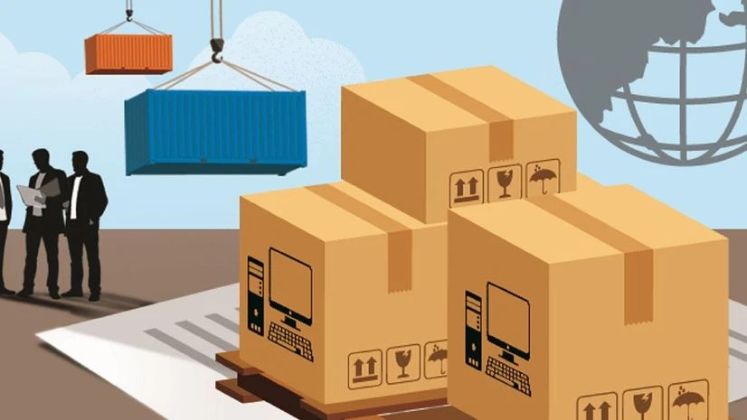
The Government announced on Tuesday that the E-Commerce Export Hubs (ECEHs) initiative is designed to establish dedicated zones aimed at reducing logistics costs and time while easing regulatory procedures.
These hubs are intended to enhance India’s cross-border e-commerce exports and streamline the re-import process for returned or rejected goods. Minister of State for Commerce and Industry, Jitin Prasada, informed the Lok Sabha in a written statement that five pilot ECEH projects are currently being proposed.
Each ECEH will offer a suite of integrated services at a single location—such as customs processing, quality checks, packaging and warehousing outside port premises. Some of these hubs will be developed by logistics companies to ensure seamless service delivery combining warehousing, packaging and compliance support.
In addition, the Government has signed Memoranda of Understanding (MoUs) with global e-commerce firms and domestic logistics providers. These partnerships aim to raise awareness, improve export preparedness and boost cross-border trade—especially for micro, small and medium enterprises (MSMEs). The DGFT’s regional offices have organized outreach and training initiatives to support small businesses and educate them on export-related procedures.
Responding to a separate query, the Centre outlined measures taken to simplify customs, logistics and compliance for small e-commerce exporters. One such step is the launch of the Trade Connect ePlatform, which provides access to global trade information by aggregating insights from Indian Missions, Export Promotion Councils and Commodity Boards.
Additionally, the Department of Posts, in collaboration with the CBIC, has launched Dak Ghar Niryat Kendras (DNKs) to help exporters with documentation, packaging and regulatory needs. As of now, 1,013 DNKs have been notified. The International Tracked Packet Service—available in 41 countries—offers volume-based discounts to support small exporters. The Reserve Bank of India has also proposed easing procedures for low-value exporters under the Export Data Processing and Monitoring System (EDPMS), allowing Authorised Dealer (AD) banks to close shipping bills of up to Rs. 10 lakh (US $ 11,400) based on quarterly self-declarations from exporters.






